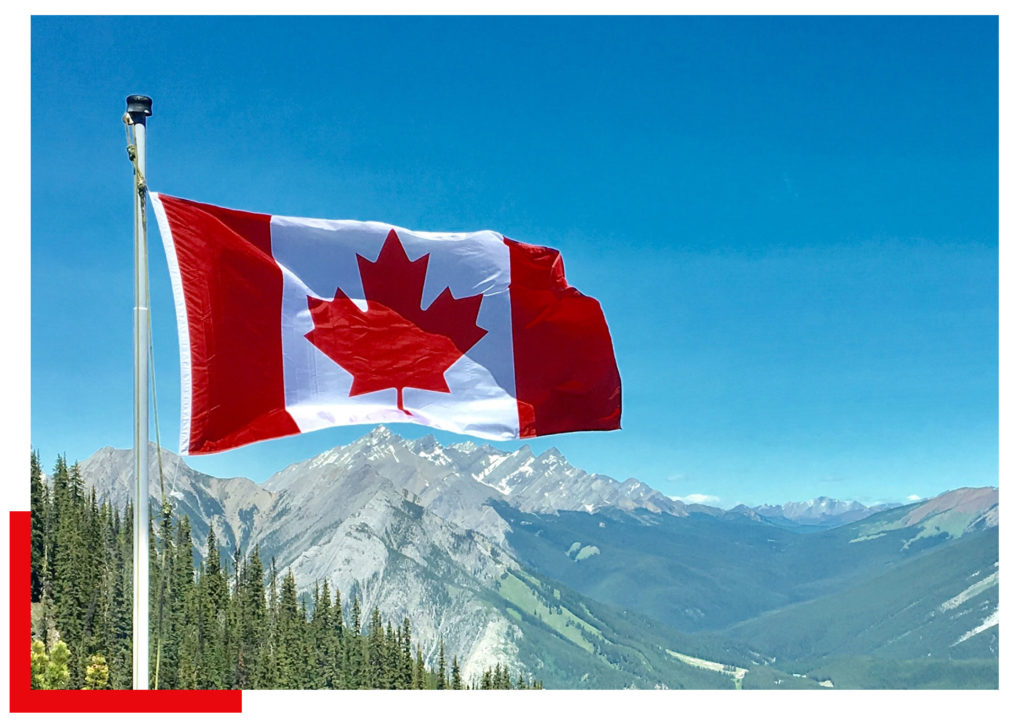

I met Sarah recently. She is a Canadian who is married to Ahmed, an Egyptian and they have two children. They are residing living in Egypt but she would like to return to Canada. Her husband, however, did not agree. Ahmed did not want to live in Canada because he would not be able to find a job at his level of experience and education. He is afraid to start at the entry level, even though the minimum pay in Ontario is $14.00 an hour, which is more than what he is making as a Manager in Egypt.
Although Ahmed is a Manager back in his own country, he is not making enough money to sustain the daily living of his family. Inflation is high and is rising at a much faster rate than the growth of his income. So, he has depended on the wealth that his parents had saved when they were working in the Gulf.
With the wealth from his parents, the couple threw a wedding party, bought an apartment, renovated and furnished it, bought a car, paid for the birth of their children, and even had vacations abroad!
This leads me to think about the difference between income and wealth. In the developing world, many people are wealthy but they do not have enough income. They may have good job titles but the monthly income that they take home is not sufficient to pay for a basic appliance like a refrigerator or a washing machine. Sometimes, the pay is just enough to feed the family for the month. If they want to buy an appliance or even send their child to a private school, they have to use their savings or in this case, their parents’ savings to pay for it.
According to Economic theory, income generates wealth, wealth never generates income. When I was in school, I was given this analogy: income is like a waterfall, and wealth is like a pond. Income keeps flowing into the pond but if there is no income, then the water in the pond will be used up in no time.
If one keeps on using wealth to sustain a lifestyle, then very soon the wealth will be depleted. In Canada, we would say the person is ‘living beyond his means’. However, in developing countries, in order to sustain a lifestyle that the average Canadian would have, the person has to use his/her wealth because his/her income will never enable him/her or his/her family to ‘eat meat’ everyday.
This is the sad story of Ahmed. He thinks he is living a good life in Egypt because he is a “Manager” and is ‘rich’. He is not. He is only living a good life because he is paying his lifestyle out of the wealth of his parents. Eventually, this wealth will be depleted or even eroded away given rapid inflation.
I have people throwing their titles to me when I was living in many of these developing countries. They are “Presidents” or “CEOs”, “Doctors”, “Engineers”, etc. The higher sounding the title, the more “important” this person is and the more deference this person expects from his/her audience. In these countries, your job title, be it genuine or inflated, gives you the status in the community. That’s why it is so difficult for a “Manager” to give this up to live in Canada and work like an ‘average Joe.’
But to the thousands who gave up their ‘pride’ to work at the entry level, they eventually rose to become “Managers” with incomes that pay more than what they would ever earn as “Managers” back in their own country. Their children receive an education that many of these immigrants would have to pay thousands of dollars for, if their children were to receive the same education back in their old country. Not only that, they and their family have free and good healthcare in Canada for which they would have to pay through their noses to receive equivalent standards back their old country.
On average, it takes a new immigrant 3-5 years to settle down in Canada: 3-5 years of ‘suffering’ to gain more than a lifetime of advantages for themselves and their families. Isn’t this not worth it?




